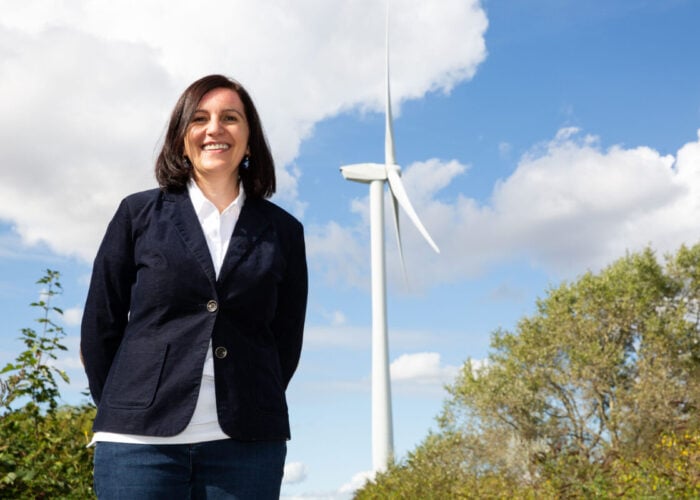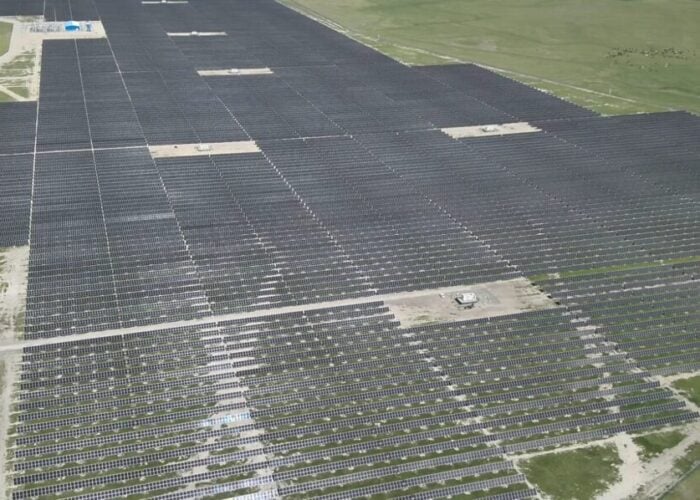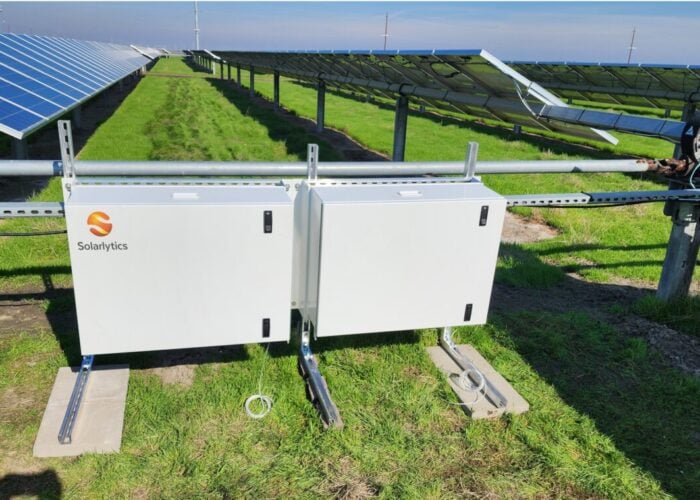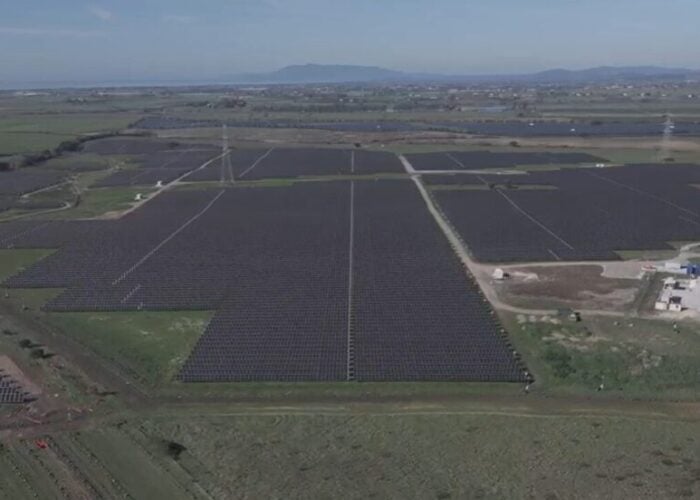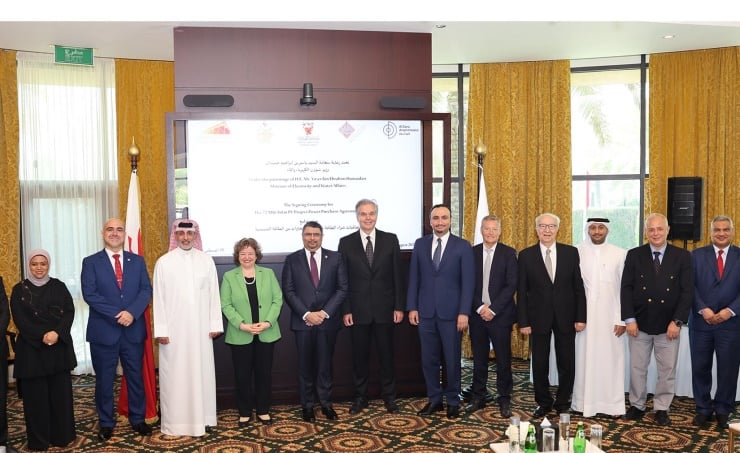
Yasser bin Ibrahim Humaidain, minister of electricity and water affairs of Bahrain, has signed an agreement to develop a 72MW solar power project in Sakhir, southern Bahrain, which will be the country’s largest solar facility.
The Bahrain News Agency (BNA), a state-owned publication, first reported the news on Monday, and Humaidain signed the agreement on Tuesday.
Unlock unlimited access for 12 whole months of distinctive global analysis
Photovoltaics International is now included.
- Regular insight and analysis of the industry’s biggest developments
- In-depth interviews with the industry’s leading figures
- Unlimited digital access to the PV Tech Power journal catalogue
- Unlimited digital access to the Photovoltaics International journal catalogue
- Access to more than 1,000 technical papers
- Discounts on Solar Media’s portfolio of events, in-person and virtual
While neither BNA nor the government announced financial details of the project, or information regarding module manufacturing and installation, BNA did note that the project will include a number of components, including rooftop and ground-mounted solar panels. The government will also build other aspects of power infrastructure at the Sakhir farm, such as electric vehicle charging stations for use by the University of Bahrain.
The construction and operation of the project will form a cornerstone of the government’s National Renewable Energy Action Plan (NREAP), a project implemented in 2017 to decarbonise the Bahraini energy mix. According to the International Energy Agency, in 2020, all of Bahrain’s electricity was generated by natural gas and oil production.
The country’s total energy production has also increased by 68.1% between 1990 and the present day, so the government is eager to add renewable generation to this growing sector.
The NREAP set targets of producing 5% of the country’s electricity from renewable sources by 2025, and 10% by 2035. The plan highlights the role of solar power in particular, with the authors expecting “decentralised urban generation”, such as rooftop panels and building-integrated PV systems, to account for between 100-150MW of new solar capacity, the most of any sector, and more than large-scale generation (50-100MW) and offshore floating solar (50MW).
The government also plans to install 250MW of renewable capacity by 2025. While the government did not announce a timeline for the new project, the fact that it has noted that the new Sakhir solar project will account for 28% of this total capacity suggests that it plans to commission the project within the next two years.
The news follows Masdar’s successful bid to deliver the sixth phase of the massive Mohammed bin Rashid Al Maktoum Solar Park in the UAE as governments across the Middle East look to expand their solar sectors.



